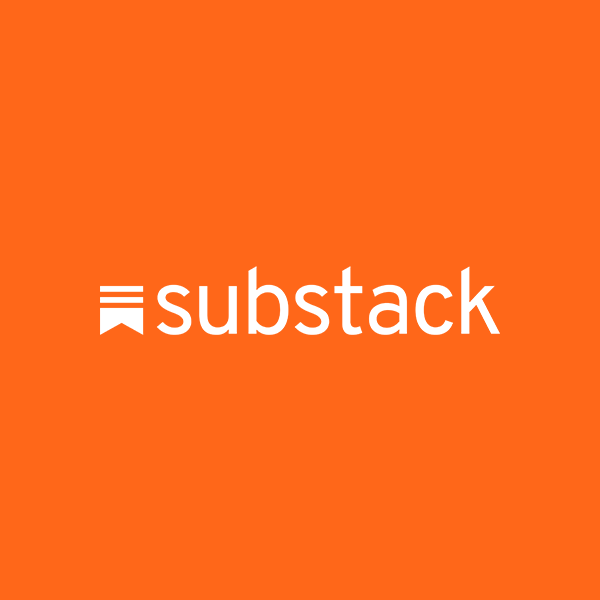This is the cover/motivation letter to the application for the High Level Group on Fake News . It was successful. It tells a story why tackling fake news matters to me. In 1984 (yes, the year made famous by George Orwell) I was the editor of a micro-computing magazine in what was then socialist Yugoslavia. With a colleague we traveled by train to London to a computer fair. Crossing the western border included a long wait, inspection, payment of a hefty tax and dealing with rude police and customs officials. We were still students, young, full of optimism and we were dreaming up plans how we will, in the future, get rid of borders using telecommunication equipment , electronically connect to the computers on the other side, get some data, process it at home, and sell the service abroad. No stupid Yugoslav customs official, no borders would stand in our way. Ten years later I was able to do just that. I crawled the sites which at that time enabled the downl...

